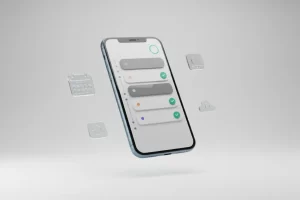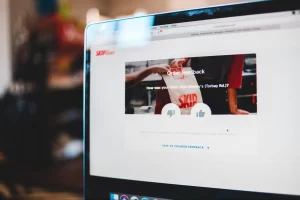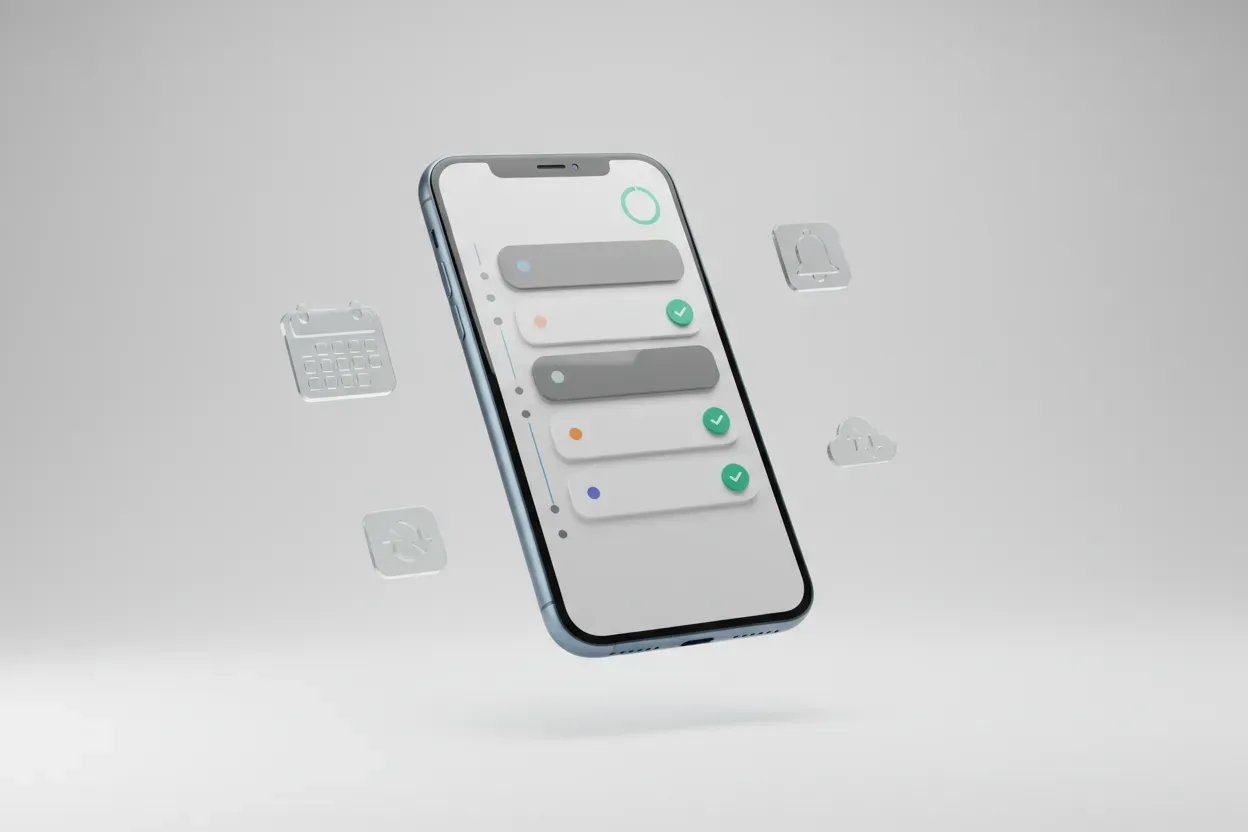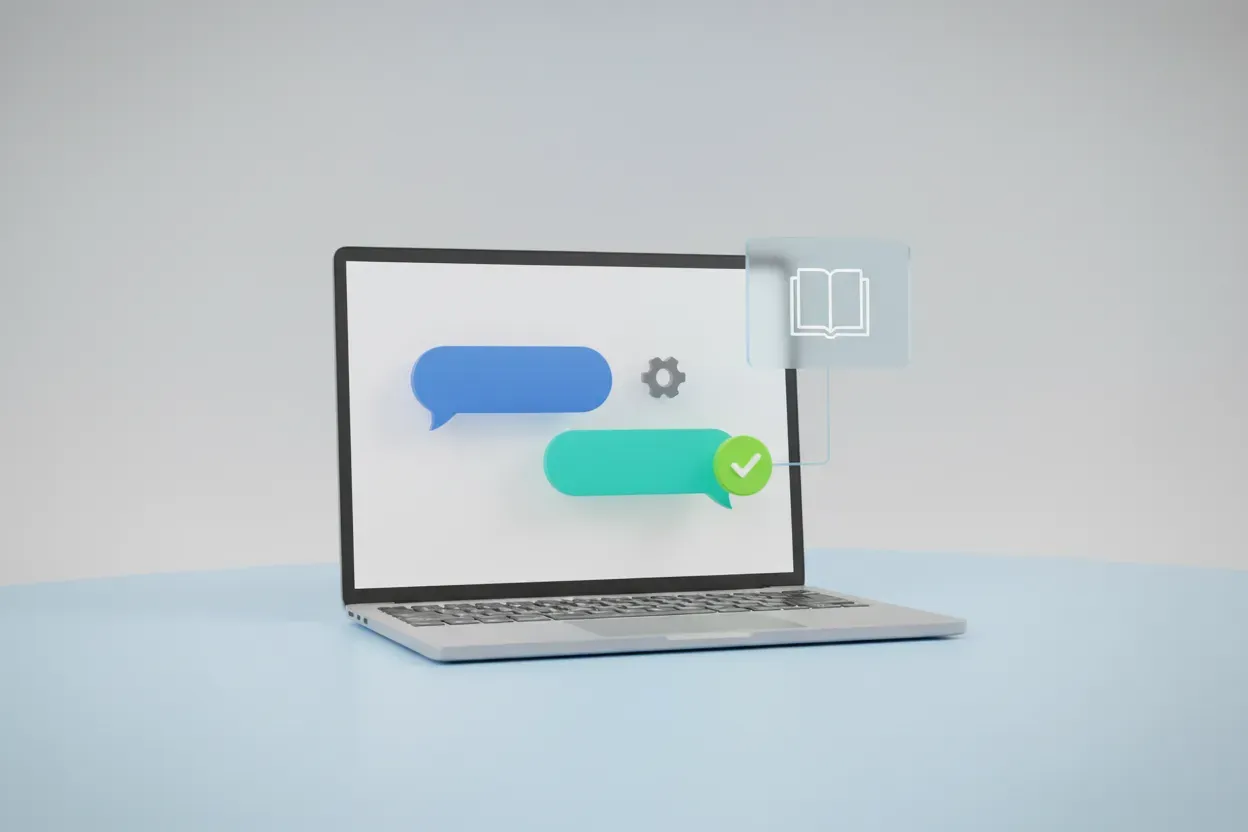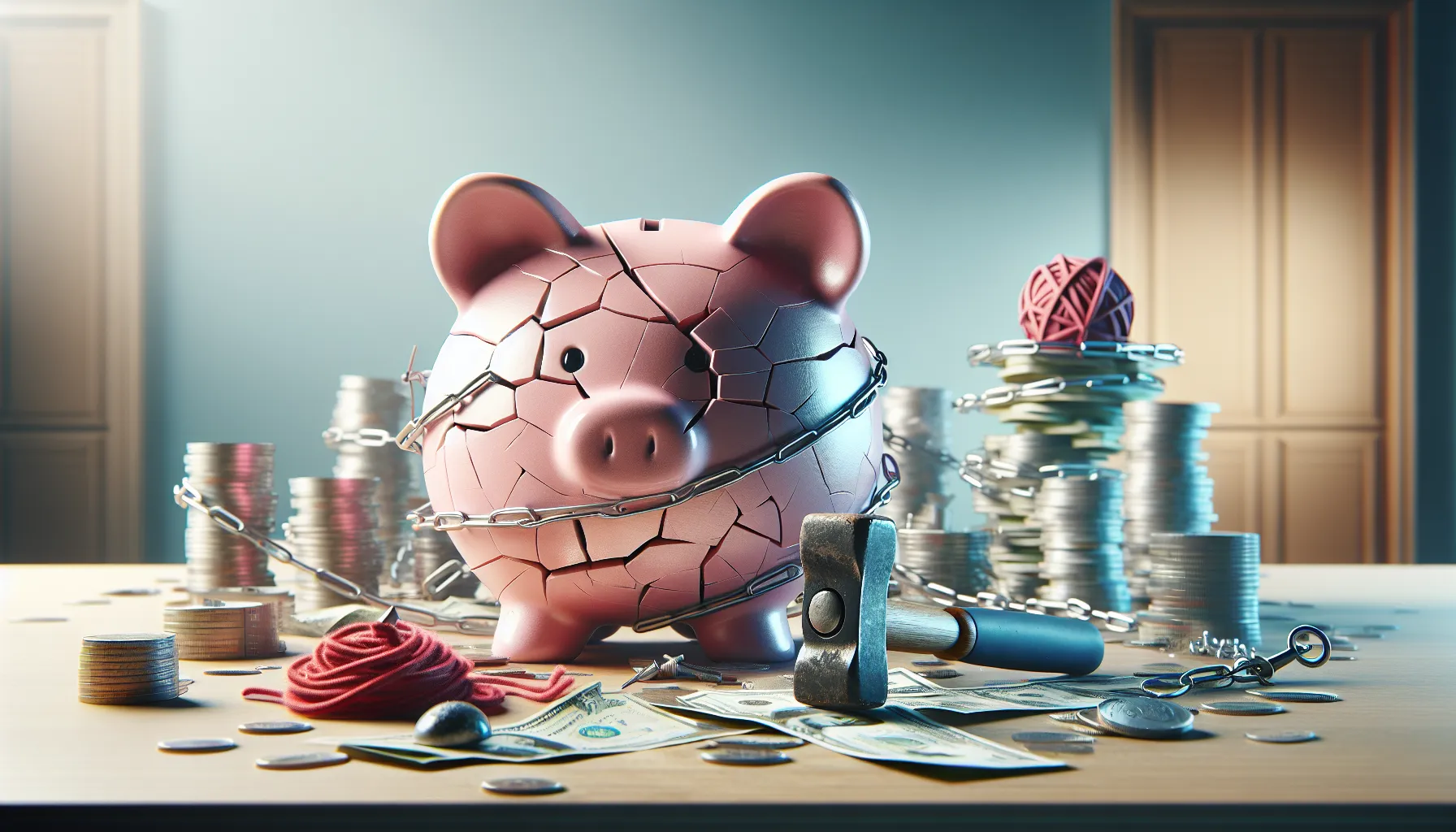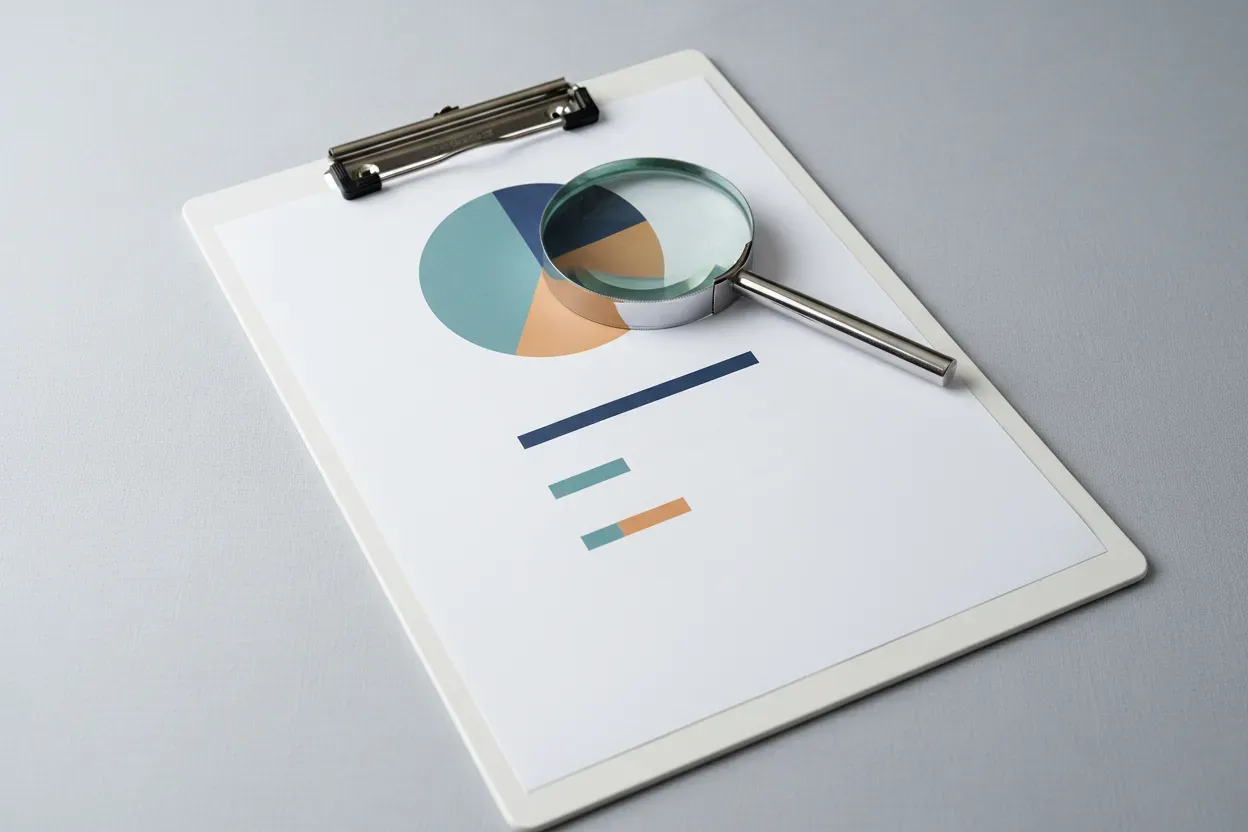What Bad Financial Habits Are Entrepreneurs Trying to Change?
This article taps into the wisdom of seasoned professionals to help entrepreneurs break free from financially detrimental habits. It strips away the complexities to provide clear strategies on financial management and spending control. Gain actionable advice to refine your fiscal approach and steer your business towards greater stability.
- Curb Black Friday Spending
- Reassess Business Reinvestment
- Reduce Dining Out Expenses
- Avoid Impulse Business Purchases
- Stop Impulse Spending
- Vet Business Tools’ ROI
- Separate Business and Personal Finances
- Prioritize Early Savings
- Balance Caution and Strategic Investment
- Avoid Tech Overspending
- Maximize Existing Tools
Curb Black Friday Spending
Black Friday had always been my weakness. Every year, as soon as November rolled around, I would start making a mental list of all the things I wanted–things I convinced myself I needed. When the sale day arrived, I dove headfirst into the frenzy, my credit card becoming my best friend and my worst enemy in the span of a few hours.
Last year was no different. I clicked through website after website, loading up my cart with deals too good to resist. A new smart TV? Why not. That high-end espresso machine? It would pay for itself in saved coffee shop trips. Clothes, gadgets, holiday gifts–the list went on. By the time the dust settled, I had racked up a jaw-dropping credit card bill.
Reality hit hard when the statement arrived the next month. The number staring back at me was terrifying. There was no way I could pay it all off in one go. I had no choice but to make the minimum payments, watching in despair as the interest piled up, making my debt even heavier. Each month, I chipped away at the balance, but the progress was painfully slow. It took nearly six to seven months to finally clear the bill, and by then, I had paid a small fortune in interest alone.
That was my wake-up call. As the new year approached, I made a resolution–no more reckless spending on Black Friday this year! No more falling into the trap of mindless shopping sprees. This year, I will be smarter with my money.
Black Friday would come again, but this time, I would be ready. My credit card deserved a break, and so did my bank account. Lesson learned.
 Loretta Kilday
Loretta Kilday
Debtcc Spokesperson, Debt Consolidation Care
Reassess Business Reinvestment
One financial habit that I’ve actively been trying to break is equating growth with constant reinvestment, especially without pausing to reassess ROI in real time. It’s easy to fall into the trap of believing that every dollar pushed back into the business is a guaranteed step forward, but that’s not always the case. The challenge lies in separating emotional optimism from financial discipline. The insight here is learning to pause, measure, and sometimes say no to “good” opportunities in favor of better ones. That mindset shift from “growth at all costs” to strategic growth has made decision-making far more impactful and sustainable.
 Anupa Rongala
Anupa Rongala
CEO, Invensis Technologies
Reduce Dining Out Expenses
I’ve been working on curbing my habit of dining out too frequently. It’s a delightful convenience but quickly adds up, straining my budget more than I’d like to admit. The biggest challenge comes from the social element; meals out are often how I connect with friends and unwind after a busy week. Additionally, after long work days, the temptation to skip cooking in favor of something quick and satisfying can be overwhelming.
To counter this, I’ve started to plan my meals more intentionally and invite friends over for dinner instead. This not only helps in managing my spending but also makes gatherings more personal and relaxed. Another small strategy is keeping some prepped meals handy for evenings when I’m too tired to cook from scratch. The overall goal is to maintain the joy of eating and socializing without the financial guilt that often follows a restaurant receipt.
 Alex Cornici
Alex Cornici
Writer, Insuranks
Avoid Impulse Business Purchases
One financial habit I’ve been actively trying to break is impulsive business spending, especially on shiny new tools or platforms that promise to “revolutionize” operations but don’t always deliver long-term value.
The biggest challenge is justifying these costs as “investments” and convincing myself they’re necessary for growth. As a founder, it’s easy to fall into the mindset that every opportunity must be seized immediately, especially in fast-moving industries like content and publishing.
To counter this, I’ve started implementing a 48-hour rule: if I come across a tool or service, I give myself two days before making a purchase decision. That cooling period often brings clarity. I also ask myself three questions:
1. Will this solve a real, urgent problem?
2. Can we measure the ROI in 90 days?
3. Is there a simpler workaround?
It’s a work in progress, but it’s helping me be more intentional with every rupee we spend.
 Kritika Kanodia
Kritika Kanodia
CEO, Write Right
Stop Impulse Spending
Break the habit of impulse spending. Just because it’s possible to buy something within a couple of minutes of thinking about it doesn’t mean it’s something you should do. When you spend on impulse, you don’t consider how much you need an item or how the purchase fits into your budget. Instead, set a time period during which you make yourself wait before buying something. Whether it’s two hours or two days, any amount of time you force yourself to think should help you spend less.
Break the habit of living paycheck to paycheck. Living this way puts you at risk of going into debt if an unexpected event demands more money than you have available. Instead, cut your spending back to the necessities and build a savings account for emergencies.
Break the habit of overspending. If you love buying gifts, it’s easy to spend more than you should. Instead, make a list of gifts and recipients, ensure you can afford what’s on your list, and then stick to it.
Break the habit of winging it. Winging it usually results in paycheck-to-paycheck living. Instead, make a budget.
Break the habit of daily indulgences. A $7 coffee five times a week adds up to $140 a month. If you pay off debt with that money, you’ll get ahead financially more quickly and avoid paying interest on what you pay off.
 Michelle Robbins
Michelle Robbins
Licensed Insurance Agent, USInsuranceAgents.com
Vet Business Tools’ ROI
One financial habit I’ve been working to break is impulse spending on business tools or subscriptions without fully vetting their ROI first. It’s easy to justify a $30 monthly charge here or a new platform there when it seems like it might save time or boost productivity–but those costs add up fast when you’re not tracking usage or results.
The challenge is that as an entrepreneur, I’m always looking for ways to improve and stay competitive, so the temptation to “invest” quickly is strong. What’s helped is setting a cool-off period and review process–I now list out what problem the tool solves, estimate the return, and give it 30 days before pulling the trigger.
It’s about shifting from emotional decision-making to intentional spending.
 Yancy Forsythe
Yancy Forsythe
Owner, Missouri Valley Homes
Separate Business and Personal Finances
One habit that’s been surprisingly tough to break is the tendency to treat every financial decision as a business investment, even in personal life. As a CEO, the mind is wired to think in terms of ROI, opportunity cost, and scaling potential. But personal finances require a different kind of logic; sometimes it’s okay to spend without a measurable return, especially if it supports well-being or family.
The challenge is letting go of that constant optimization mindset and allowing space for financial decisions that aren’t necessarily strategic but still meaningful. It’s a shift from efficiency to intentionality, and it’s made a significant impact on how I define value beyond the balance sheet.
 Arvind Rongala
Arvind Rongala
CEO, Invensis Learning
Prioritize Early Savings
One significant financial mistake I made was not prioritizing savings early in my career, which led to a lack of an emergency fund when unexpected expenses arose. To overcome this, I created a budget to track my spending, set up automatic transfers to a savings account, and defined clear savings goals. I also educated myself on personal finance to understand the importance of saving.
My advice to others is to start small, automate your savings, track your progress, and always think long-term. By making saving a priority, you can avoid the stress of financial uncertainty and work towards your future goals.
 Marco Manazzone
Marco Manazzone
Chief Executive Officer (CEO), Zzone Homes
Balance Caution and Strategic Investment
One financial habit I’ve been actively working to change is defaulting to conservative reinvestment, holding back too much capital “just in case” rather than strategically deploying it. While caution can be wise, especially in uncertain markets, it can also hinder innovation and slow momentum in fast-moving industries. The real challenge is psychological: overcoming the instinct to prioritize safety over calculated growth. What’s helped is building more dynamic forecasting models and tying investments directly to measurable outcomes, rather than simply allocating budgets. This shift has allowed better alignment with long-term vision without compromising financial health, which I believe is a critical mindset shift for any leader navigating growth.
 Arvind Rongala
Arvind Rongala
CEO, Invensis Learning
Avoid Tech Overspending
I’ll admit that I tend to be a bit of a technology junkie. I love exploring the latest tools and gadgets–both personally and in my work at Advastar. However, this enthusiasm has, at times, led me to overspend on technology platforms and software. Often, I’ll come across a new tool that seems promising, only to realize later that we already have something in our tech stack that can do the same job–we just haven’t been using it that way. Other times, I invest in a platform that doesn’t quite live up to expectations once we start using it.
We’ve also run into situations where we upgrade to newer, better tools but forget to cancel the outdated subscriptions, which means we end up paying for services we no longer use. While each individual service may not cost enough to impact our bottom line, when this happens repeatedly, it translates to wasted money that we could put toward other, more useful things.
The biggest challenge in breaking this habit is knowing when it’s truly time to invest in new technology versus when it’s better to hold off. I want to avoid swinging too far in the opposite direction and missing out on innovations that could help us operate more efficiently or serve our clients better.
One strategy that’s been helpful is conducting regular tech stack audits. These help us evaluate which tools we’re actively using, whether we’re maximizing their features, and where we still have gaps. I’ve also become more deliberate about using demos and free trials to vet new tools before committing any money. This way, I can make more informed decisions and avoid unnecessary spending.
 David Case
David Case
President, Advastar
Maximize Existing Tools
One financial habit I’ve been working to break is overinvesting in tools and software before fully maximizing the ones I already have. As a founder who loves systems and efficiency, it’s tempting to try every “game-changing” platform, whether for automation, analytics, or marketing–but the truth is, stacking too many subscriptions adds up quickly and can create unnecessary complexity.
The challenge for me is balancing innovation with discipline. I want Marquet Media to stay ahead of the curve, but I’ve learned that tech overload can dilute focus and profitability. Now, I audit my tools quarterly, ask, “Is this moving the needle?” and aim to streamline before I add. It’s a mindset shift from “more is better” to “better is better.”
 Kristin Marquet
Kristin Marquet
Founder & Creative Director, Marquet Media






